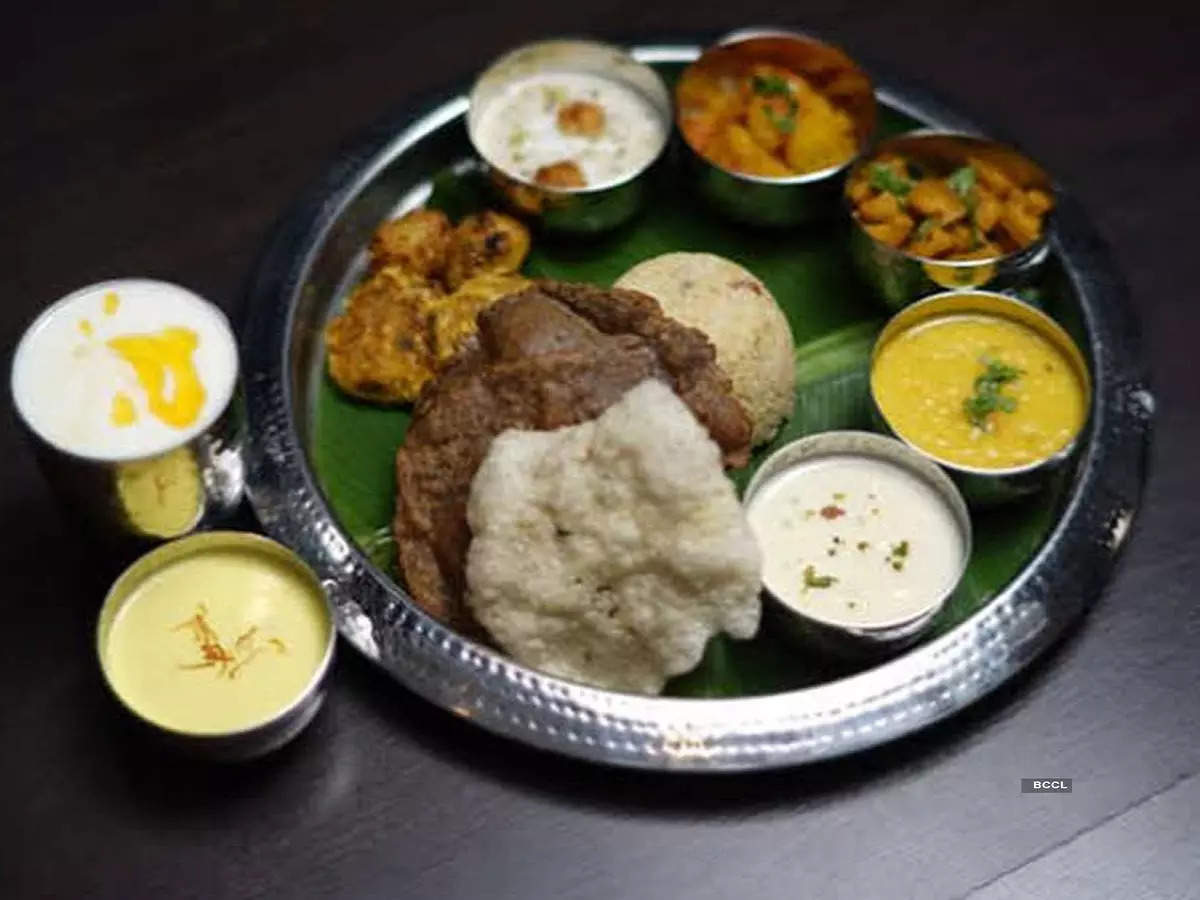
[ad_1]
The worth of veg thali declined 2% to Rs 27.5 in February in contrast with the earlier month, owing to a 14% decline in onion costs and a 3% decline in potato costs. The costs of tomatoes and pulses, two different important elements, remained unchanged throughout this era.
Non-veg thali costs elevated to Rs 54 in February in contrast with Rs 52 within the earlier month.
“The price of the non-veg thali rose as costs of broilers, which account for ~50% of the price, elevated an estimated 10% on-month on account of decrease provide amid the unfold of chicken flu in Andhra Pradesh and rising temperatures, in addition to rising demand forward of Ramadan,” Crisil famous.
Nevertheless, in comparison with the earlier 12 months, thali costs had been nonetheless greater, indicating that the buyer inflation is unlikely to fall in February.
The price of a veg thali was up 7% on 12 months, as onion and tomato costs had been up 29% and 38%, respectively.Onion manufacturing has been affected by uneven rainfall. The 2023-24 horticulture estimates launched by the federal government earlier this week pointed to decrease crop manufacturing.Onion manufacturing is prone to decline to 25.47 million tonne in comparison with round 30.21 million tonne in 2022-23.
“Costs of rice (accounting for 12% of the veg thali value) and pulses (9%) additionally elevated 14% and 20% on-year, respectively,” Crisil famous.
Non-veg thali value, alternatively, is 9% decrease in comparison with the earlier 12 months, as broiler costs have eased from the peaks witnessed in 2023.
Consultants point out that inflation print is prone to be greater at than 5.1% in January, owing to a modest improve in meals costs in February.
“On a sequential foundation, the rise in meals CPI was pushed by cereals, fruits and meat, which was partly offset by a drop in costs for eggs, pulses and spices,” stated Rahul Bajoria, MD & Head of EM Asia (ex-China) Economics, Barclays.
Barclays count on inflation to rise to five.3% in February.








